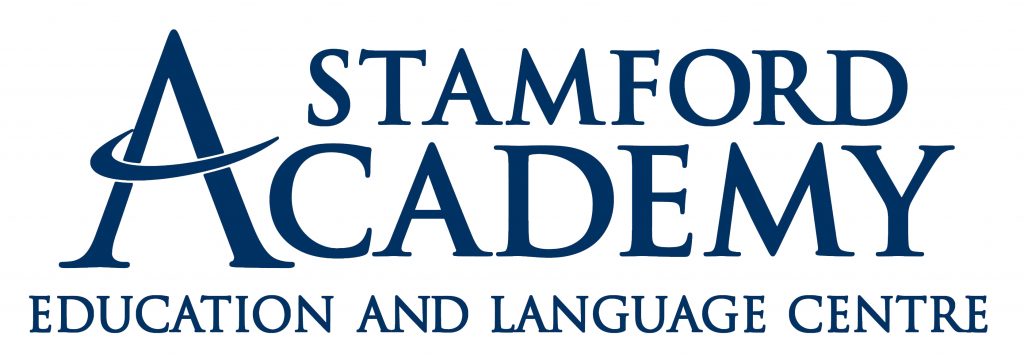GCSE English Language Revision
This intensive 15-hour revision programme provides systematic focus on the skills required by the two written papers of the 2015 GCSE English Language (9-1) syllabuses offered by AQA, OCR, Pearson and Eduqas. Tuition on each of the five days consists of three one-hour sessions, each with a defined focus.
The development of tools to analyse content, meaning and writer techniques in texts, and the ability to demonstrate and express an understanding of the writer’s craft in a structured, coherent manner is covered in the sessions on Reading. Particular attention will be given to the ability to:
- select evidence from texts;
- understand explicit and implicit meanings, and layers of meaning in a text;
- analyse the effects and connotations of vocabulary and structure in a text;
- make comparisons within and between texts;
- understand how to compare methods;
- summarise and synthesise ideas;
- to evaluate the effectiveness of a text and to support a viewpoint with appropriate evidence and terminology.
The Writing component will develop techniques for communicating effectively for a given purpose and audience in a range of creative and transactional tasks and forms such as letters, articles, reports and speeches. Emphasis will be placed on effective planning and review, the need to organise and link ideas coherently and consistently throughout a piece of writing, using language creatively and imaginatively. Individual sessions will focus on the use of:
- vocabulary and imagery for creating specific effects e.g. a sense of tension or pace;
- a variety of sentence structures and range of linking devices to hold the reader’s interest;
- appropriate tone and language to influence readers;
- effective narrative and descriptive devices;
- techniques for creating balanced, persuasive arguments, reasoned points of view, and clear explanations and instructions;
- appropriate features and conventions for specific forms such as essays, articles and letters.
The final component will provide strategies for improving accuracy and appropriate use of language, focusing on spelling, punctuation and grammar. Sessions will review:
- spelling errors and the spelling of complex and commonly confused words;
- the use of commas, apostrophes, full stops, speech marks and capital letters;
- the use of standard English;
- best practice for proofreading written work.
The course will be supported by appropriate printed and on-line resources, including access to a range of texts from the 19th, 20th and 21st centuries.
Each class will be restricted to a maximum of 8 students. All participants will be sent two exam-related tasks prior to the commencement of the course to facilitate an initial individual needs analysis. This work must be submitted before the first day of the course. Students will also be required to complete two timed exam questions at home, one after the second and another after the third day, to allow targeted individual feedback both during the course and in a post-course report which will make suggestions for further study.
